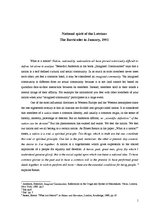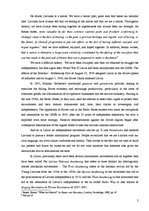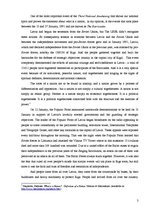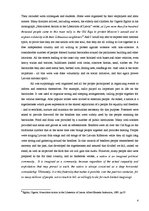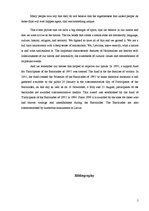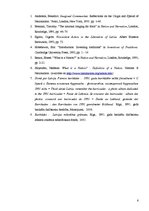-
National Spirit of Latvians
What is a nation? Nation, nationality, nationalism all have proved notoriously difficult to define, let alone to analyse. 1Benedict Anderson in his book „Imagined Communities” says that a nation is a self defined cultural and social community. In as much as most members never meet each other, yet feel a common bond, it may be considered an imagined community. 2An imagined community is different from an actual community because it is not (and cannot be) based on quotidian face-to-face interaction between its members. Instead, members hold in their minds a mental image of their affinity. For example the nationhood you feel with other members of your nation when your "imagined community" participates in a large event.
One of the most influential doctrines in Western Europe and the Western hemisphere since the late eighteenth century is that all humans are divided into groups called nation. It is considered that members of a nation share a common identity, and usually a common origin, in the sense of history, ancestry, parentage or descent. But as Anderson affirms, no „scientific definition” of the nation can be devised.3 But the phenomenon has existed and exists. We feel the nation. We feel our nation and we all belong to a certain nation. As Ernest Renan in his paper „What is a nation?” states, a nation is a soul, a spiritual principle. Two things, which in truth are but one, constitute this soul or spiritual principle. One lies in the past, memories; the other is present- day consent, the desire to live together. …
Referāts angļu valodā par nacionālismu, nāciju un nacionālo garu Latvijā. Apskatīts barikāžu laiks 1991.gada janvārī.

